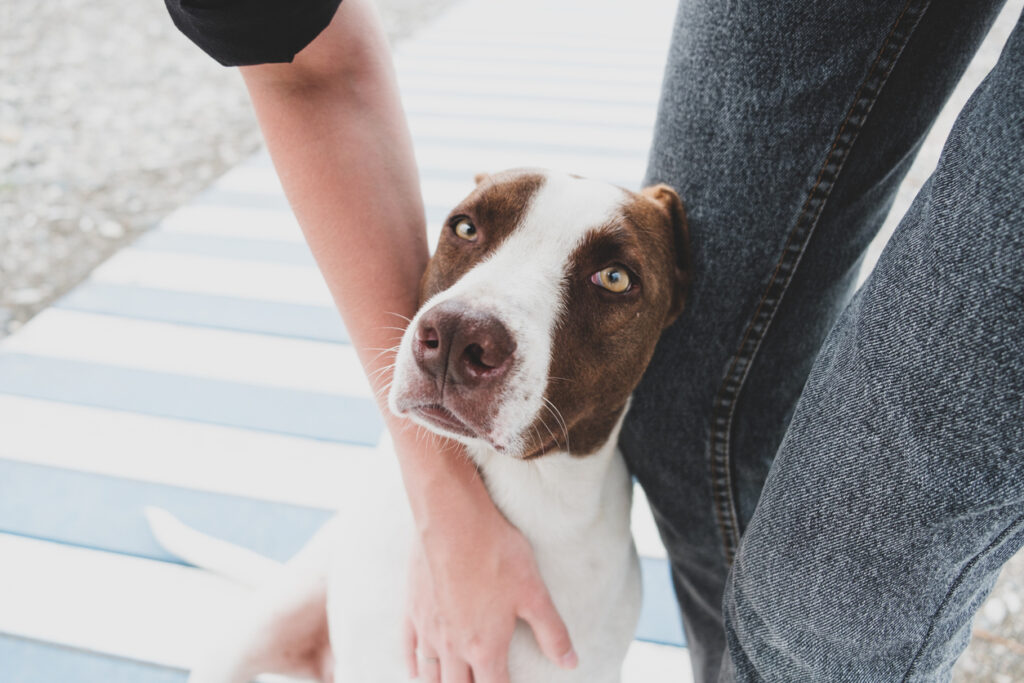
Caring for animals has always been important to Mischa Peleg and the longtime philanthropist has always had a special place in his heart for unwanted dogs and cats. Rescuing animals that have nowhere to go is something near and dear to Mischa’s heart. But some animals need a little extra care before they can be adopted out to forever families. Fostering pets can be a big factor in their adoption.
According to the American Society for the Prevention of Cruelty to Animals, more than 6 million dogs and cats end up in shelters every year and hundreds of thousands of them don’t make it out alive.
Mischa wants the public to know the value that fostering has on an animal’s life. Fostering pets can make a huge difference in determining whether an animal finds a loving family or languishes in a shelter somewhere because it is sick or lacking in social skills it could have learned in foster care, so someone takes a second look.
What is Fostering?
In case you don’t know, fostering an animal means taking care of an animal on a temporary basis, usually in your home. This is good for several reasons: first, it creates more room in shelters for other animals that have nowhere else to go. Second, fostering allows an animal to live in a home instead of in a cage at a shelter. Third, a more home-like environment reduces stress on the animal and protects the animal from shelter-related illnesses like kennel cough.
When you reduce the number of animals that are housed in shelters, you help stretch out the time and resources that are available for caring for animals that need permanent homes. It is a win-win situation.
Fostering Brings Out a Pet’s ‘Best Self’
Animals that end up in shelter care may have been abandoned or abused, been picked up as strays or have been surrendered by their owners. Whatever the case, these animals are likely to be stressed, frightened and defensive. Housing terrified animals in cages is unlikely to improve their temperament. Crowded shelters can be frightening, clinical, and even unsafe.
When animal lovers step forward to foster shelter pets, they take at-risk animals out of a “warehousing” environment and introduce them to a regular home. After these pets are removed from the shelter, they can begin to feel comfortable and be protected from kennel-related illnesses. Most importantly, these animals will be socialized into a family and in some cases experience love and kindness for the first time in their lives. Others that were previously owned will be able to feel more secure in a regular home than in a shelter cage.
Improving a pet’s health and demeanor will make that pet more appealing to potential adopters and increase the animal’s odds of finding a forever home.
Animals that have been fostered have an edge when it comes to adoptions because their foster “parents” know if the dog or cat gets along with other dogs and cats, little children or are wary of strangers.
A potential adopter who owns cats doesn’t want to adopt a dog that is cat aggressive. Knowing an animal’s background and behavior patterns makes placement easier. Foster caregivers can give potential adopters information that makes it more likely that pets are placed in the right homes with the right people.
To those interested in fostering a pet in their home Mischa Peleg recommends asking the following questions:
Does the pet like children?
Does the pet get along with dogs?
Does the pet get along with cats?
Is the pet housebroken?
Does the pet bite?
Is the pet food aggressive?
Does the pet have a prey drive?
Will the pet run off if released unattended?
Adjusting to a new pet is a learning experience that goes smoother the more you know about the pet you are planning to adopt. Mischa is a big fan of pet fostering programs because they take much of the uncertainty out of adopting a new pet.
Mischa Peleg is a serial entrepreneur and philanthropist. Having founded several highly successful companies since the early 1990s, he uses his business success to support a wide range of non-profit organizations throughout the world. You can follow him on Facebook, Twitter, LinkedIn, andPinterest.
